Baby Boomers Need to Be Taught About Safe Sex After Spike in STDs
In recent years, a surprising trend has emerged: sexually transmitted infections (STIs) are on the rise among the over-50s in the U.K. Research suggests an alarming 18% increase in cases, including gonorrhea and syphilis, within just four years among this age group.
This demographic shift challenges the common misconception that older adults are less sexually active or at risk. Experts warn that these numbers might even underestimate the true scope of the issue, as embarrassment and limited access to sexual health services deter many from seeking help.
The Changing Dynamics of Love and Sex Over 50
The landscape of romance and intimacy has drastically changed for those over 50. Factors like higher divorce rates, the introduction of Viagra, the popularity of dating apps, and vibrant retirement communities have all contributed to a more sexually active older generation (via Forbes).
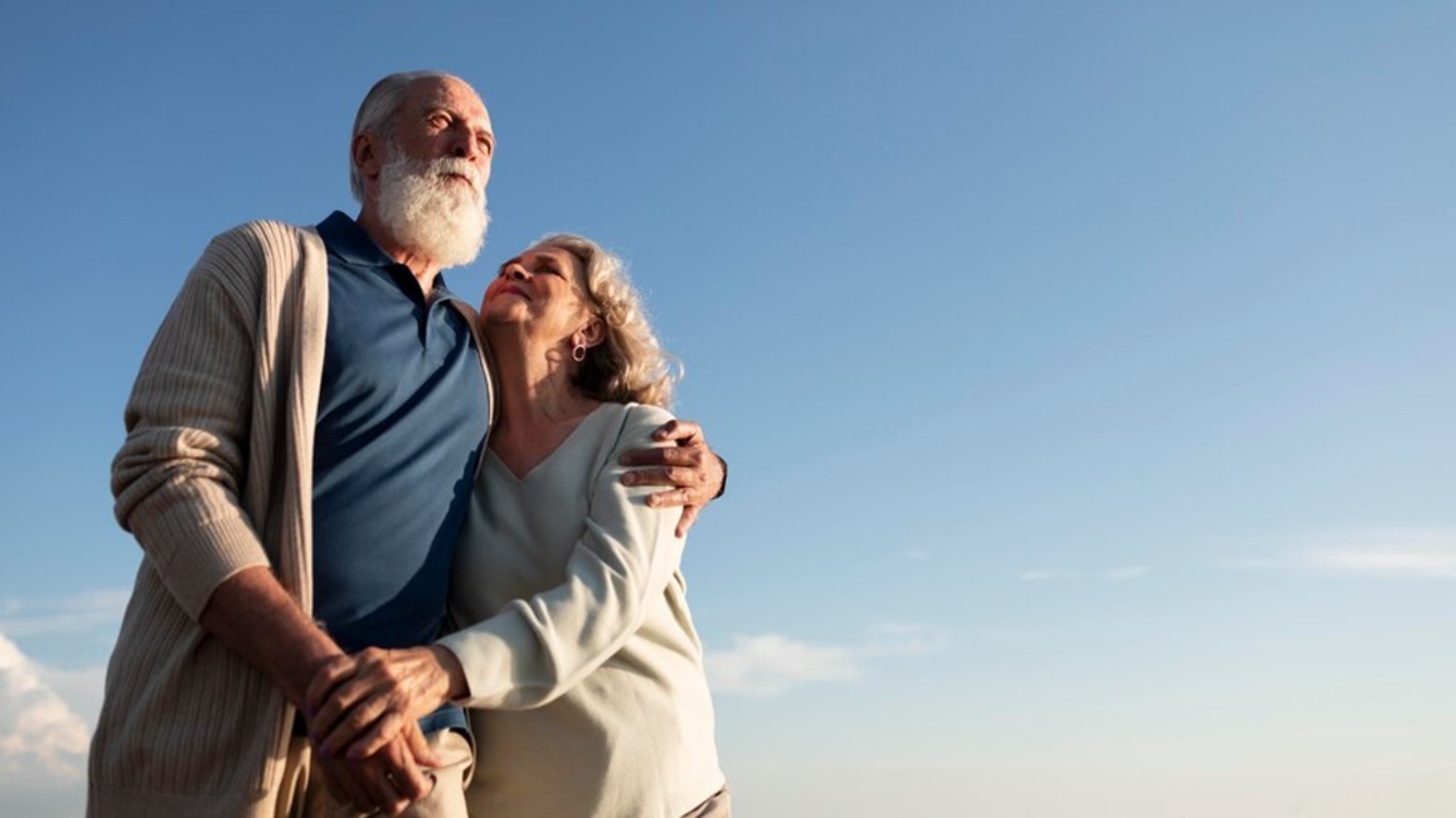
Source: Freepik
This shift in social norms and lifestyle choices signifies a critical need to address and adapt sexual health education to fit the changing times.
Underreported and Overlooked
The stigma around discussing sexual health in older age groups leads to a significant underreporting of STIs. Experts believe that the embarrassment associated with these conditions, coupled with a lack of targeted health services, means many cases go undiagnosed (via University Hospitals).

Source: Freepik
This silence around the sexual well-being of older adults only exacerbates the health risks involved, underscoring the urgent need for open conversations and access to care.
The Statistics Speak
The numbers are stark: in England, new STI cases among the over-45s jumped from 31,902 in 2015 to 37,692 in 2019 (via The Daily Mail).

Source: Markus Spiske/Unsplash
This 18% increase is a clear signal that sexual health issues do not solely concern the young.
Breaking the Silence
The silence around sex and aging must be broken. Current health campaigns often ignore older adults, focusing primarily on the youth (via Global Health Action). This neglect leaves many without the knowledge or resources necessary for safe sexual practices.
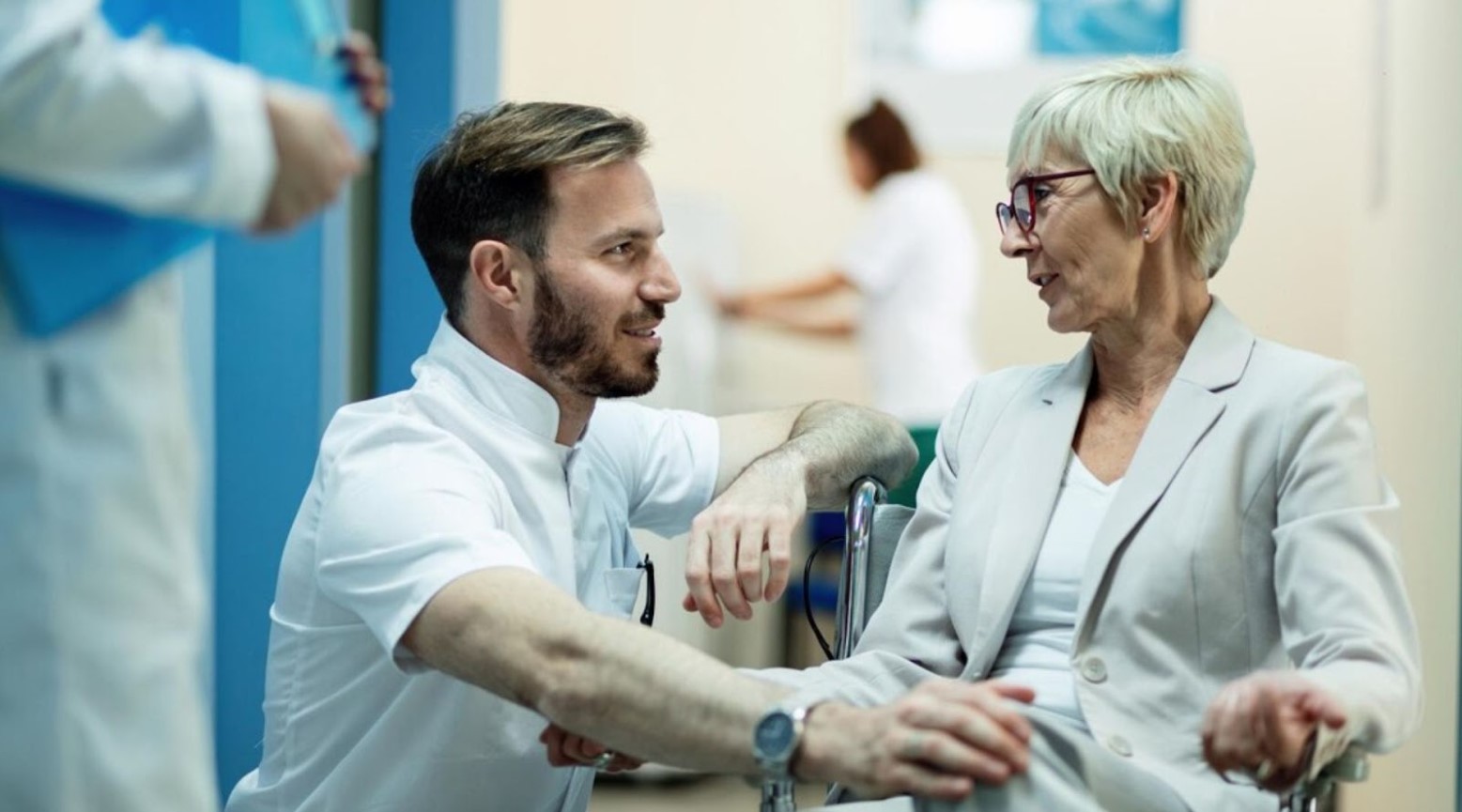
Source: Drazen Zigic/Freepik
Sex needs to become “normalized” and part of routine health care for older adults, say health experts in The Daily Mail, who stress the importance of inclusive education and dialogue.
The Need for Tailored Sex Education
Professor Justyna Kowalska advocates for sex education programs specifically designed for the over-50s.

Source: ArtTower/Unsplash
In a press release, she suggests integrating these programs into community settings familiar to older adults, making them more accessible and effective. Tailoring education to address the unique needs and situations of this demographic can significantly improve sexual health outcomes.
Challenging Stereotypes
The stereotype that older people are not sexually active or interested in intimate relationships is outdated and harmful.
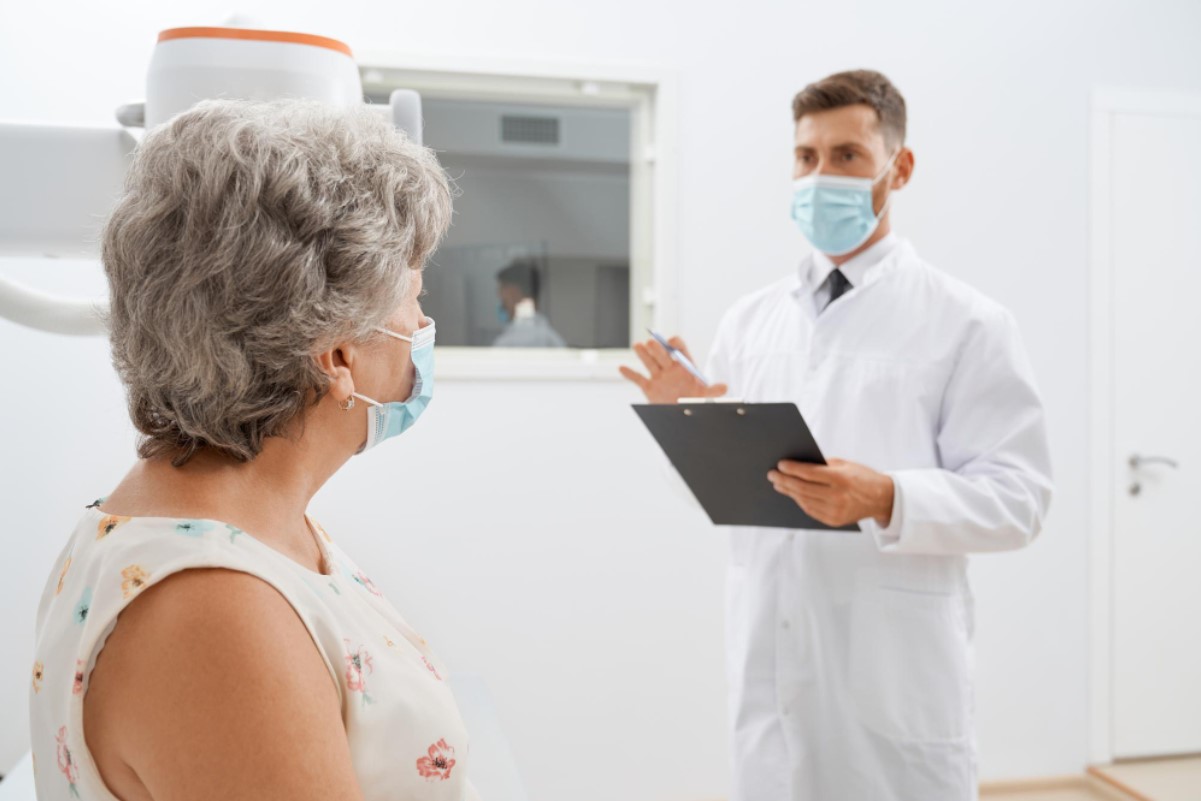
Source: Freepik
Cultural references like Samantha Jones from “Sex and the City” have started to challenge these notions, but real-life role models and open discussions are essential for changing societal perceptions and encouraging a healthy dialogue about sex in older age, according to Sharron Hinchliff from the University of Sheffield.
Sexual Health and Well-Being
While the physical aspect of sexual health is crucial, it’s also essential to recognize the impact on overall well-being. Sex can bring a sense of closeness, intimacy, and pleasure to older adults, leading to improved mental health and quality of life.
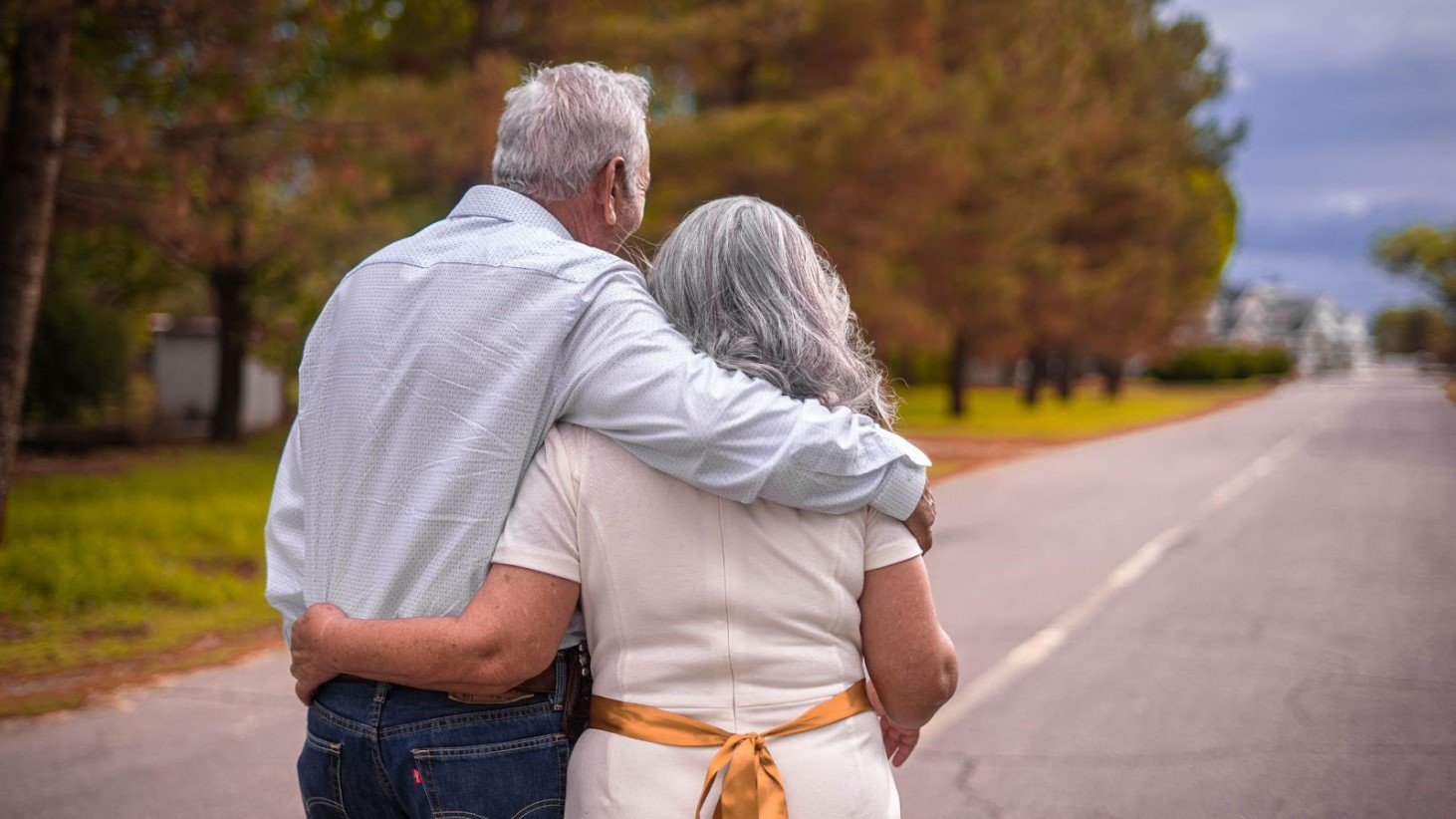
Source: FORMAT arw/Unsplash
Additionally, discussing sexual health in older age breaks down barriers and stigma surrounding aging and sexuality.
Sexuality Doesn't Age
Contrary to outdated beliefs, many older adults lead active and fulfilling sexual lives. Surveys reveal that half of men and almost a third of women aged 70 and over report being sexually active (via the University of Manchester).
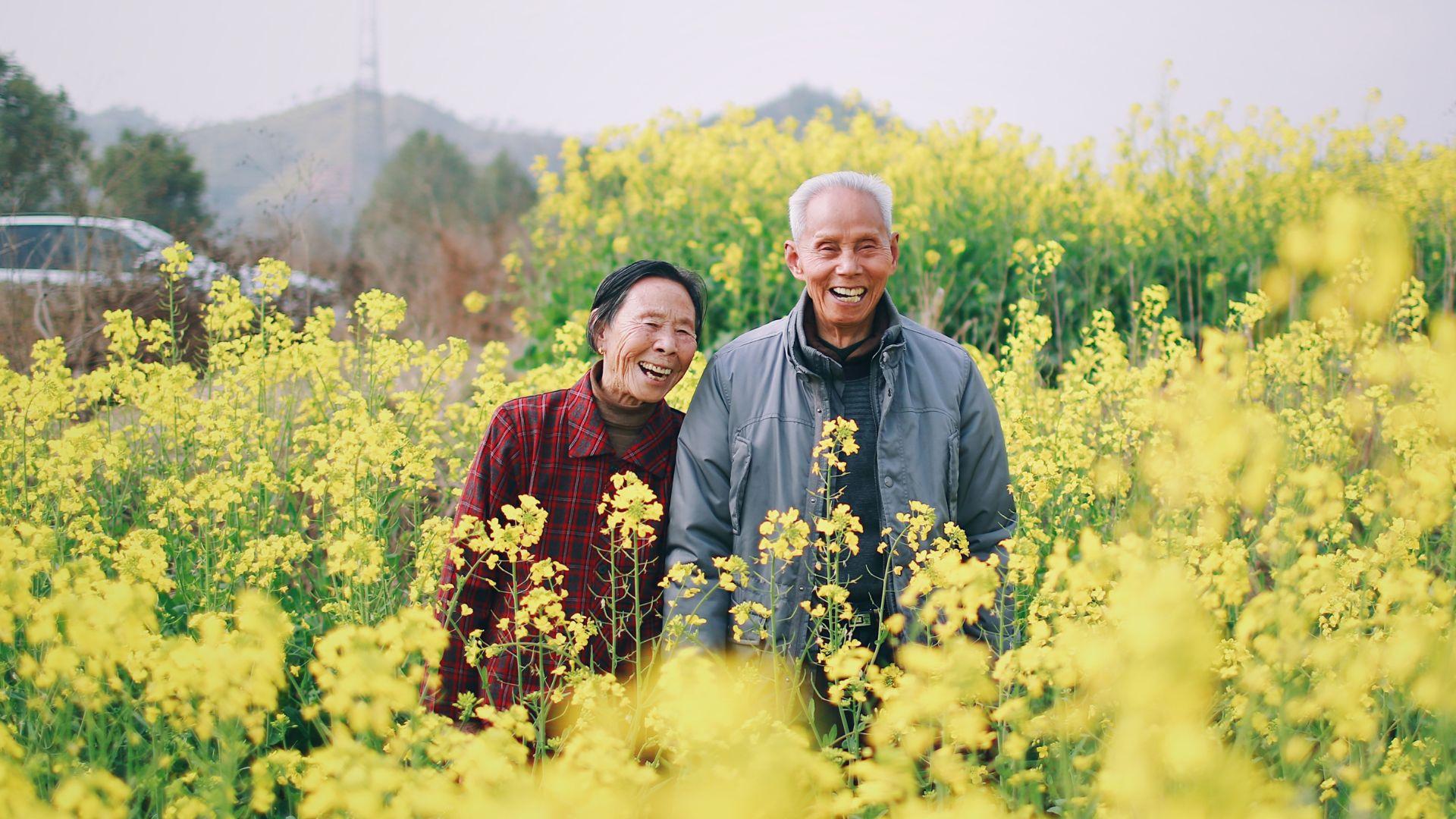
Source: Jaddy Liu/Unsplash
This reality emphasizes the importance of continuing sexual education and health services well into later life.
Education Gap
A significant number of Baby Boomers grew up without comprehensive sex education, leaving them vulnerable to STIs.
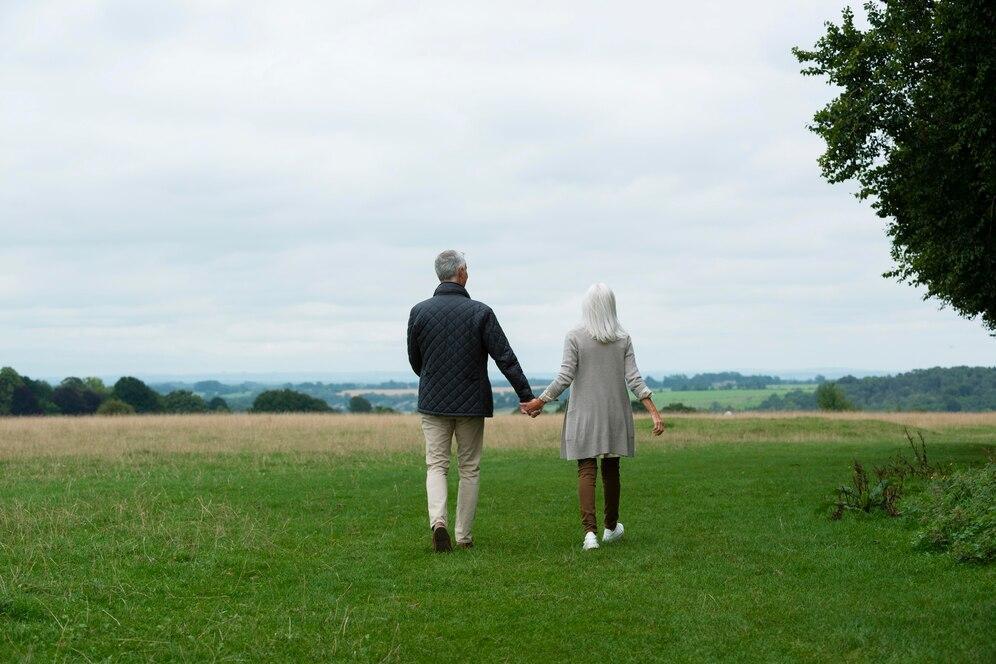
Source: Freepik
The misconception that older adults do not need to worry about safe sex practices, especially when pregnancies are not a concern, contributes to risky behaviors. Closing this education gap is crucial for promoting safe sex at any age.
The Real Risks of STIs
Untreated STIs in older adults pose serious health risks, including HPV-related cancers and increased susceptibility to other diseases due to existing health conditions like heart disease and stroke (via Newsweek).
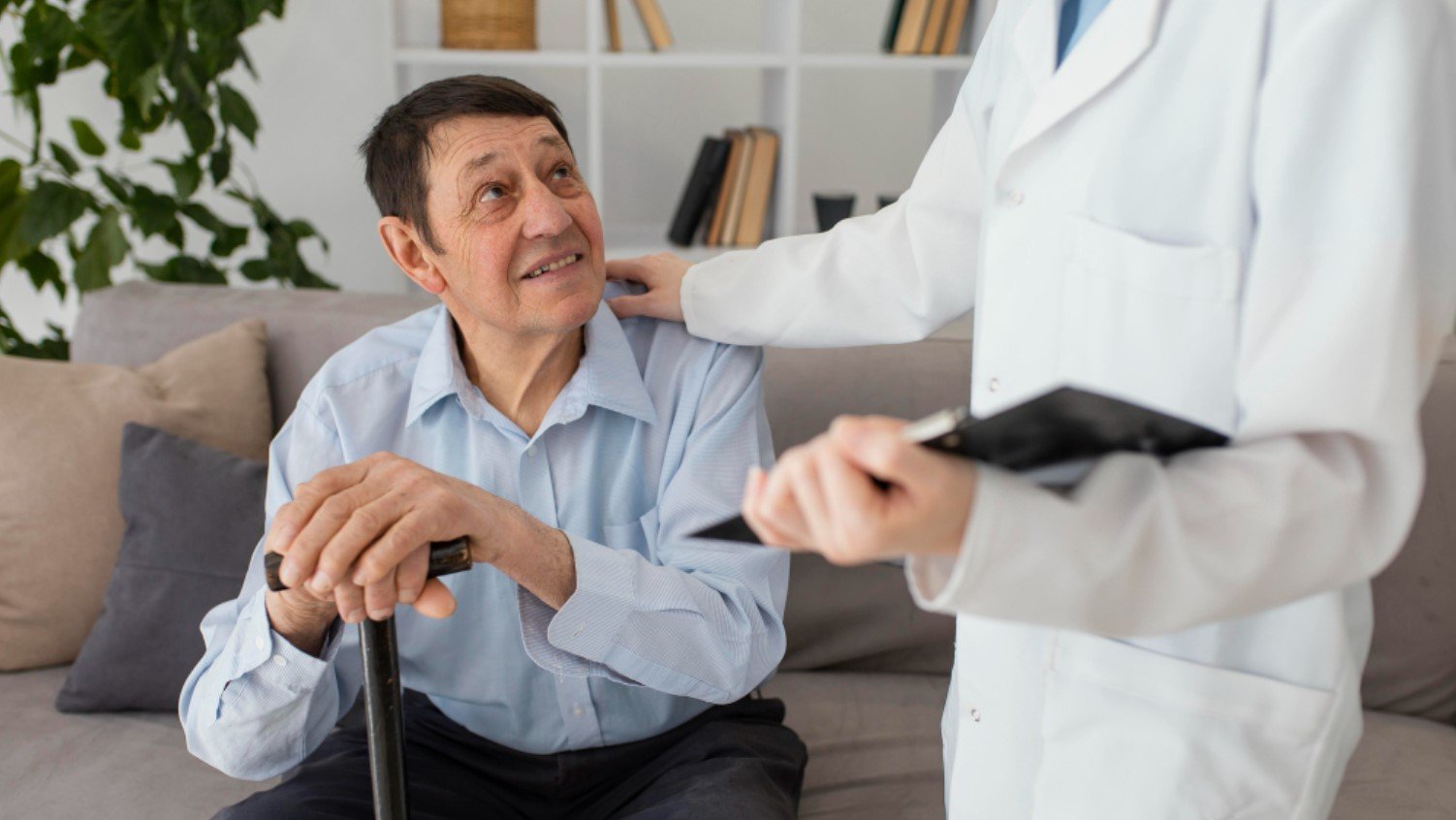
Source: Freepik
These dangers highlight the need for better awareness and preventive care to protect against the potentially life-threatening consequences of these infections.
A Call for Inclusivity
Addressing the increase in STIs among Baby Boomers requires comprehensive strategies that include education, resources, and support tailored to their needs without being patronizing. By fostering a society where sexual health is openly discussed at all ages, we can ensure that older adults are not left behind in our efforts to promote safe and healthy sexual practices.
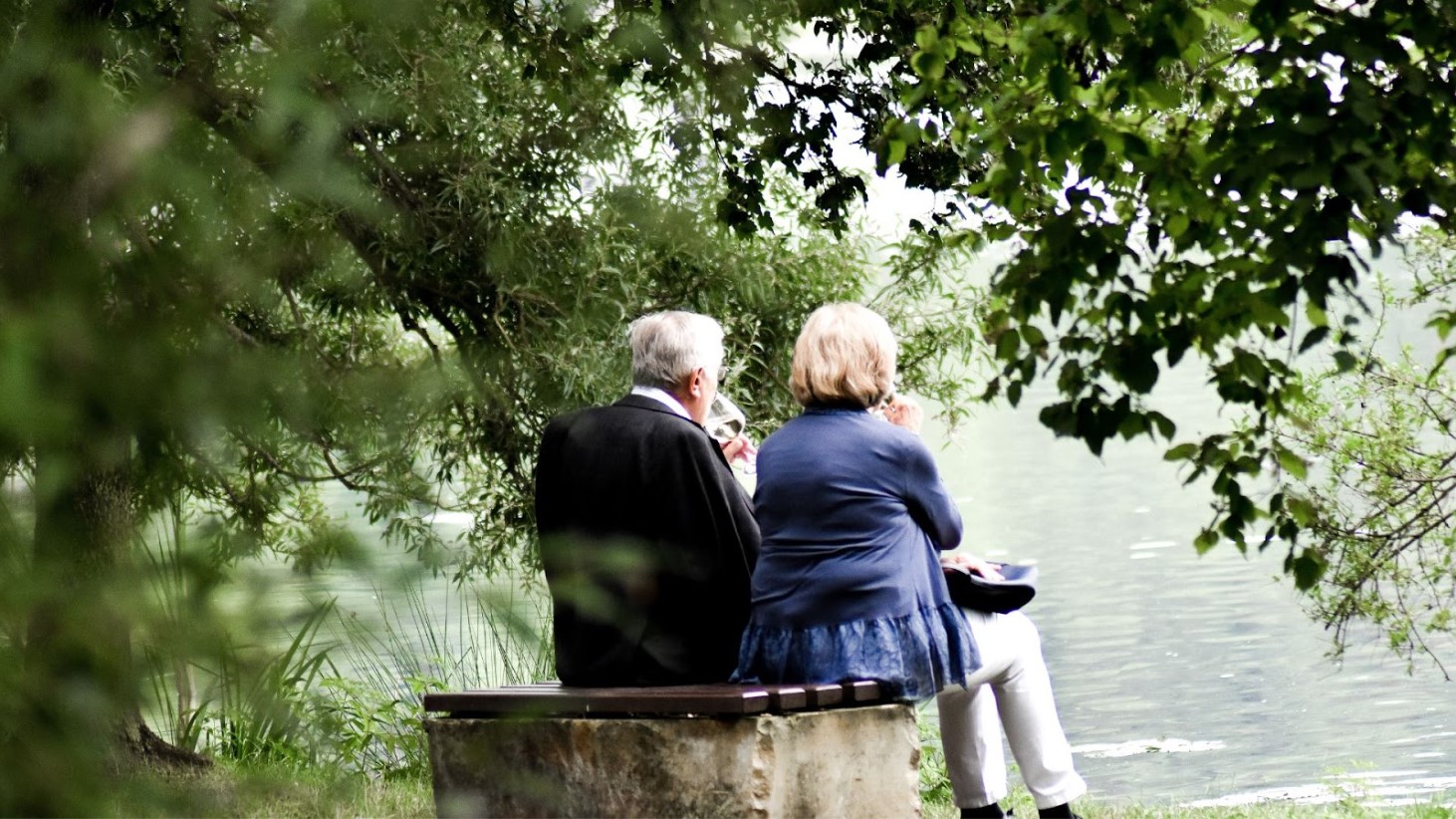
Source: Sven Mieke/Unsplash
The journey toward better sexual health for older adults starts with breaking down barriers and embracing an inclusive approach to education and health care.
